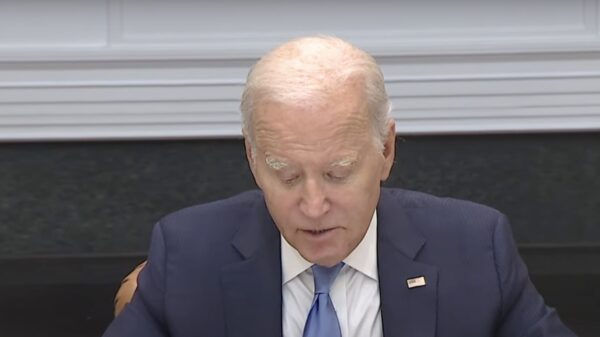Rep. Marjorie Taylor Greene

Youtube
Rep. Marjorie Taylor Greene introduced an amendment to a supplemental funding bill for Ukraine that would require members of Congress who vote in favor to enlist in the Ukrainian military.
Funding

Fox News
The funding bill is part of a larger legislative package that combines four bills providing $26.4 billion to Israel, $60.8 billion to Ukraine, $8.1 billion to counter China and aid Taiwan, and other defense measures.
Ukrainian military

Fox News
“Any Member of Congress who votes in favor of this Act shall be required to conscript in the Ukrainian military,” the amendment reads.
Single vote

Fox News
The House Speaker plans to hold a single vote on the combined package, then separate votes on each individual bill if passed.
Greene’s amendment
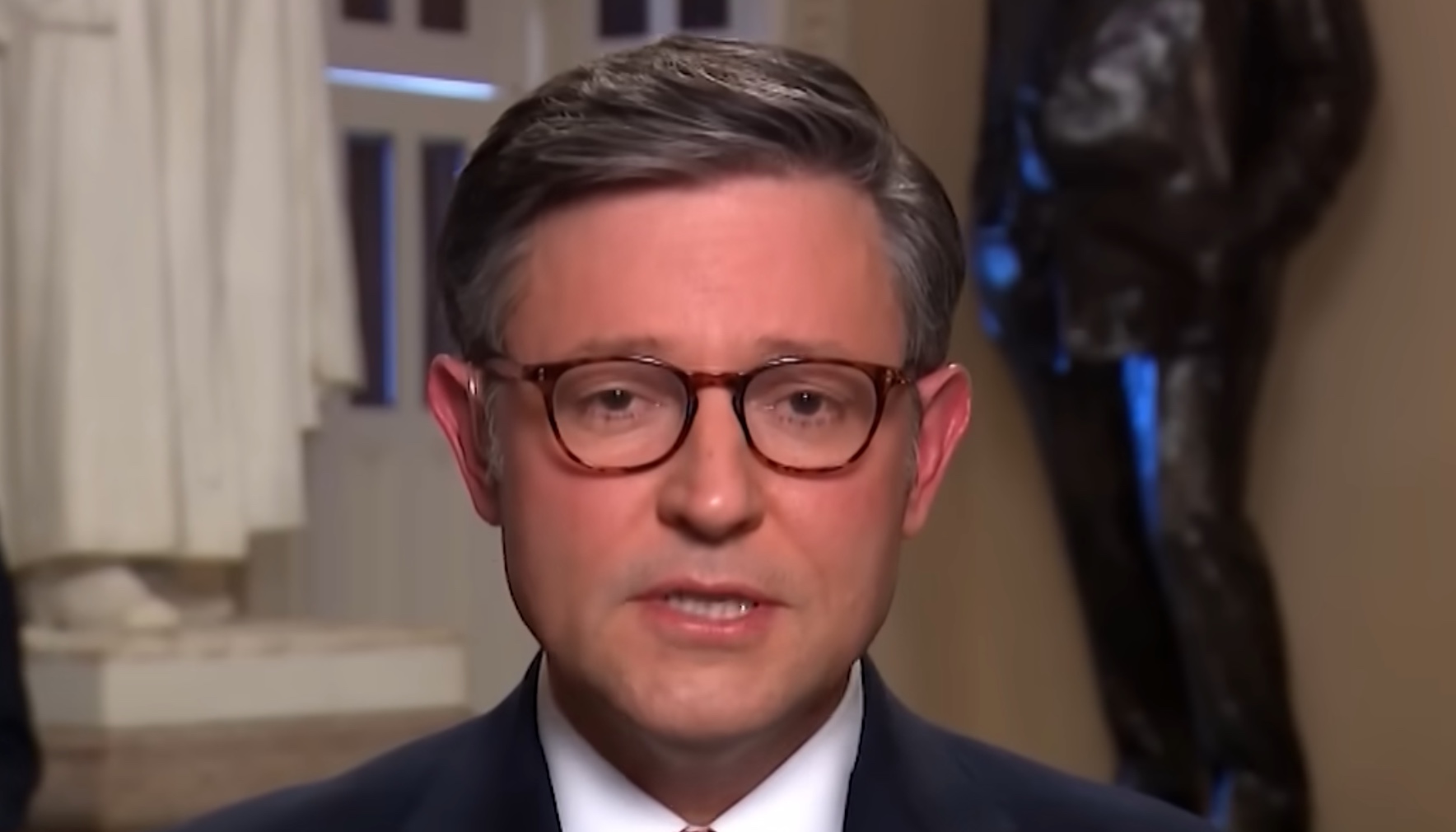
Youtube
Greene’s amendment aims to force those supporting Ukraine aid to personally take part in the conflict.
Legislative package
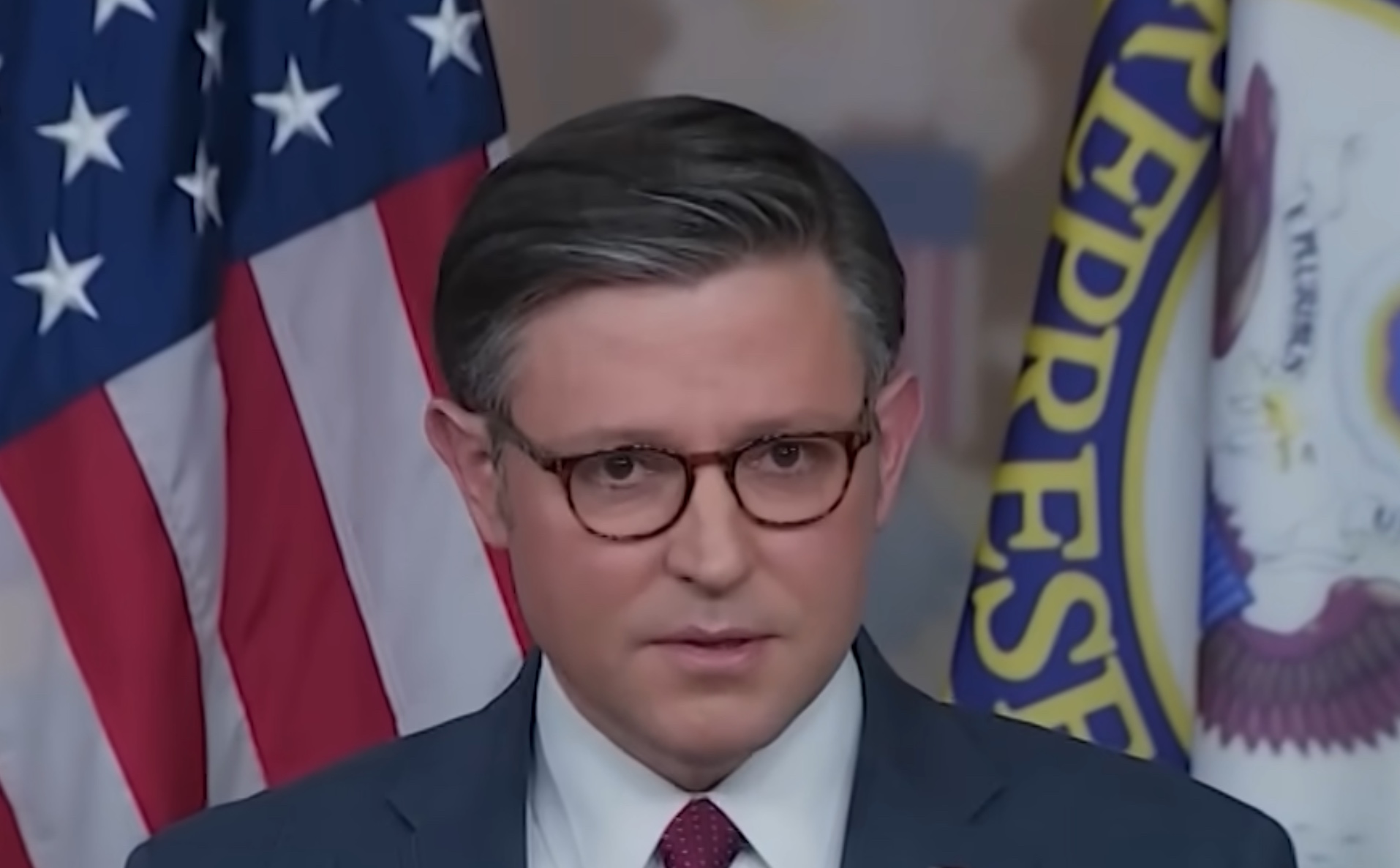
Youtube
The legislative package and Greene’s amendment raise issues around congressional authorization of foreign aid and military involvement.
60 billion

Youtube
Mike Johnson’s decision to advance a $60 billion effort to bolster Ukraine’s arsenal, along with funding for Israel and the Indo-Pacific, marks a dramatic turnabout for the speaker, who had previously opposed a $40 billion emergency funding bill for Ukraine in May 2022.
Unexpected

FOX
His unexpected change in stance has raised eyebrows and prompted intense scrutiny of his motives and political calculus.
Deep divisions

FOX
The move has laid bare deep divisions within the Republican Party, particularly between the far-right faction, which is fiercely against Ukraine aid, and the sizable pro-foreign-aid faction. Johnson’s decision to greenlight a floor vote on the issue has not only strained his relationship with the far-right but also raised concerns about the political repercussions he may face as a result.
Johnson’s push

FOX
Johnson’s push for increased funding for Ukraine also represents a significant rebuke to former President Donald Trump, who has long criticized Ukraine while repeatedly sympathizing with Russian President Vladimir Putin. This public divergence from Trump’s stance adds another layer of complexity to the controversy surrounding Johnson’s decision.
Ukraine funding

FOX
The path to advocating for Ukraine funding has been fraught with challenges for Johnson, who faced internal party opposition and the need to navigate a delicate balance between satisfying the demands of the right flank and garnering support from pro-foreign-aid Republicans and Democrats. The Speaker’s decision-making process has been influenced by a variety of factors, including intelligence briefings, his faith, and political considerations.
Johnson’s efforts
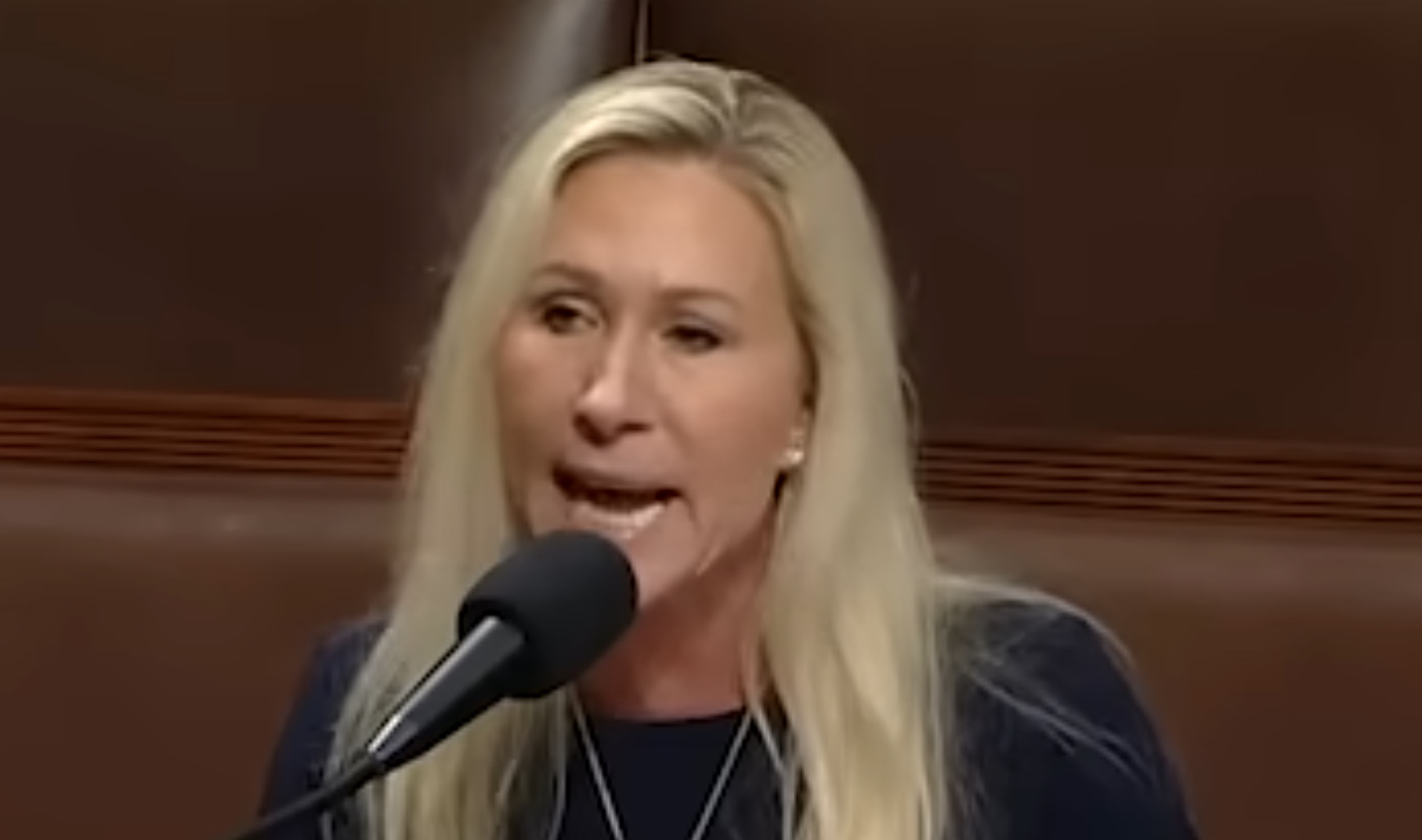
FOX
Johnson’s efforts to secure funding for Ukraine, Israel, and the Indo-Pacific have set the stage for a pivotal moment in U.S. foreign policy.
America’s role

Youtube
The controversy surrounding his decision underscores the broader debates and complexities surrounding America’s role in international affairs, particularly in the context of global security and strategic alliances.
Bold move
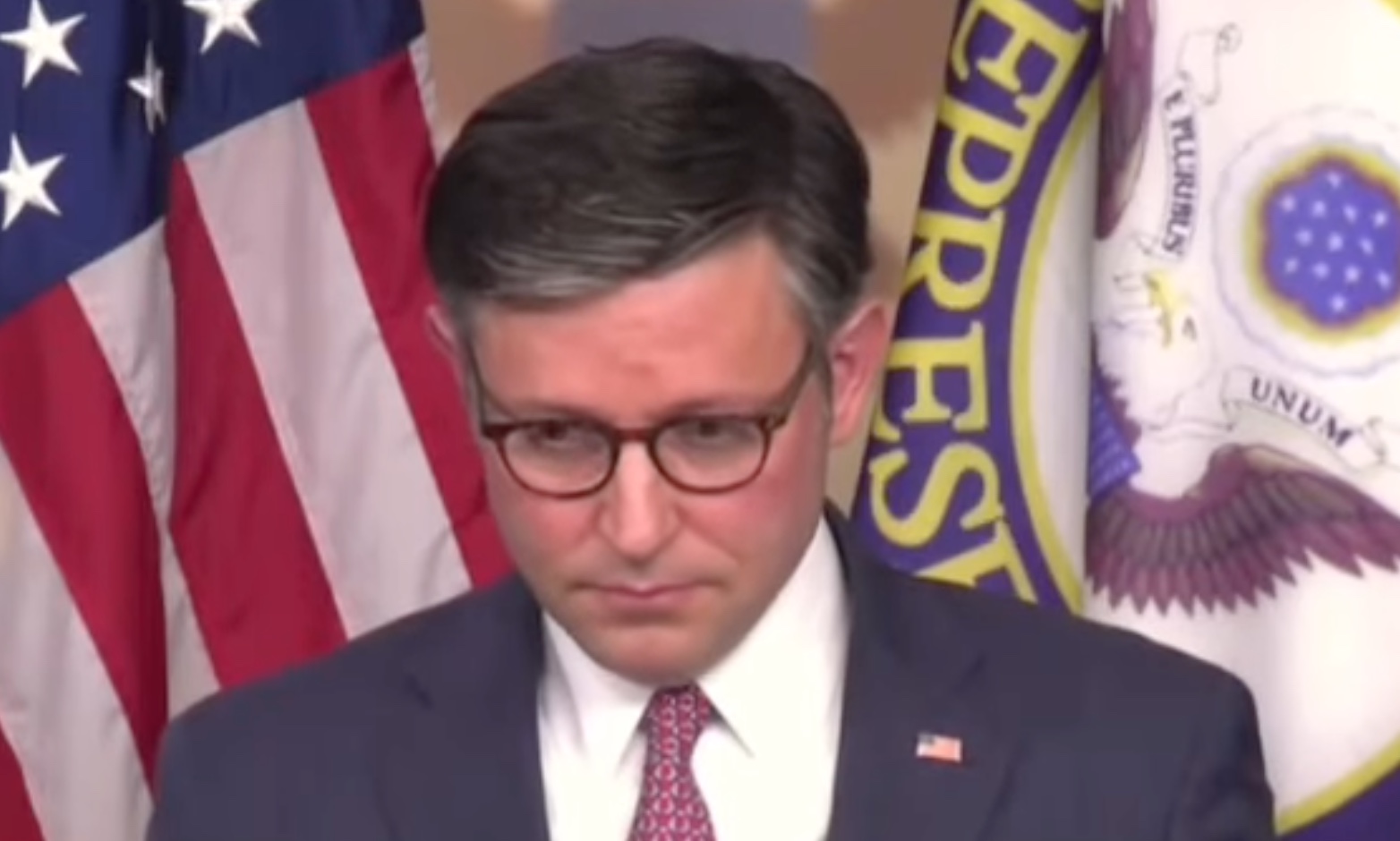
Youtube
As the Senate is expected to consider the measures, the aftermath of Johnson’s bold move will undoubtedly continue to reverberate within the political landscape, shaping discussions around foreign policy, internal party dynamics, and the broader implications for U.S. engagement with international partners.














